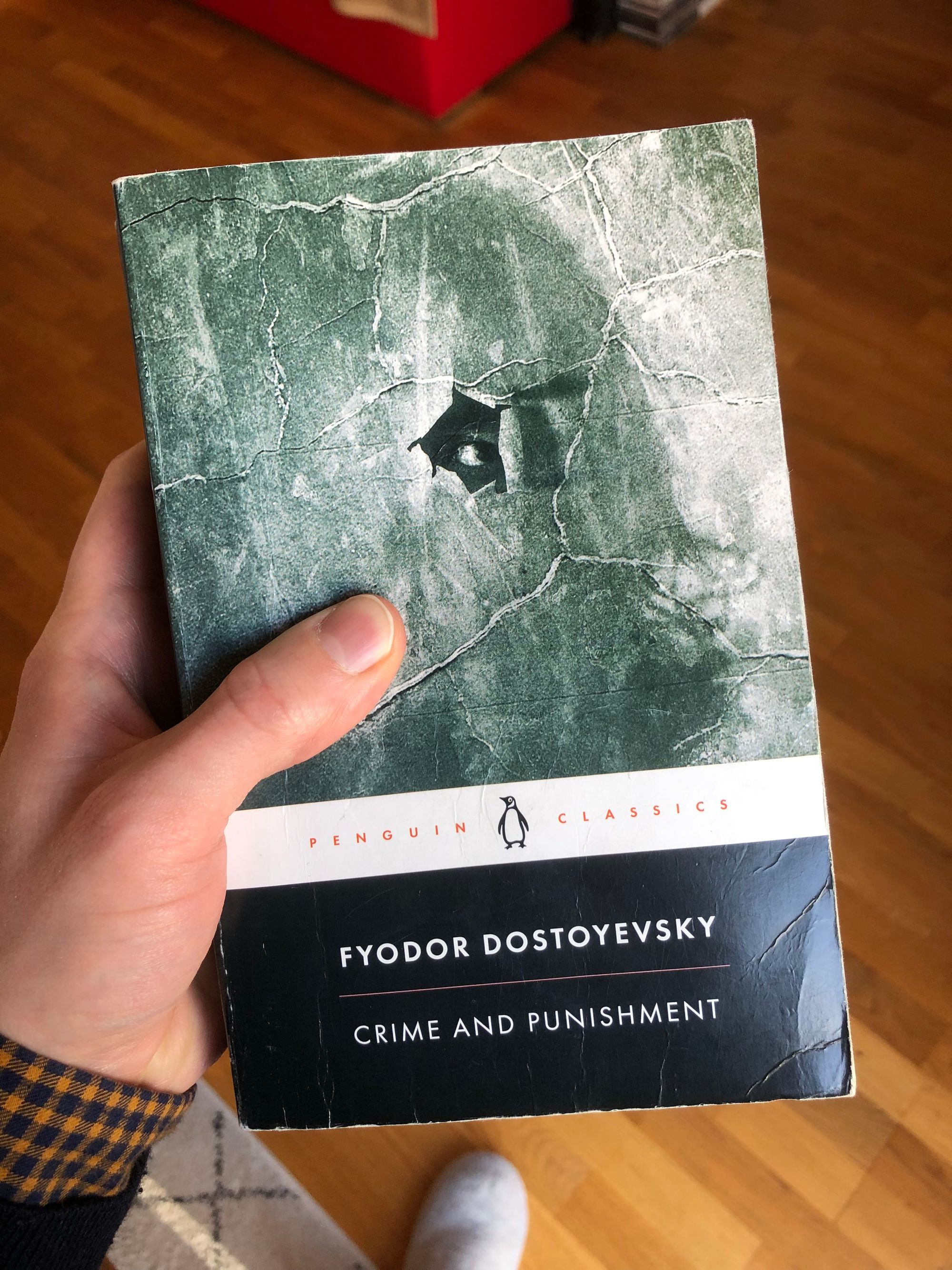On Dostoyevsky’s Crime and Punishment
I just finished Dostoyevsky’s Crime and Punishment, some thoughts:
It was an easier read than I would’ve thought based on its reputation, I enjoyed reading it quite a bit. It’s a fun way to learn about the Russian culture, language and sentiment, about St. Petersburg's layout, and about the philosophical/political movements of the time—the annotations of the Penguin version were quite useful here.
Some quirks of Dostoyevsky’s writing style were fun too, though I wonder how much of his character got lost through translation, Russian wit and humor are often based on word plays, which are hard to translate (eventually I’ll read him in original).
The book seems to be an exposition of nihilism and what it could do to a person if fully embodied. In that sense, the main character (Raskolnikov) didn’t resonate with me as much as characters in other books: someone with a tendency towards nihilistic thoughts might find more here.
Dostoyevsky was probably no stranger to ruminations and psychological stress: his mother died when he was 16, his father was murdered when he was 18, he was sentenced to 4 years of exile and forced labor in Siberia when he was 28 (plus a staged execution) for political offenses, suffered from epilepsy, and his first wife died when he was 43—all of this happened before he started writing on Crime and Punishment.
The book can almost be seen as one long inner dialogue of someone who committed a horrible crime. In that sense, it’s also an exploration of conscience: Can you trick yourself into thinking good of something wrong you did? Can logical reasoning haggle with conscience over matters of morality?

